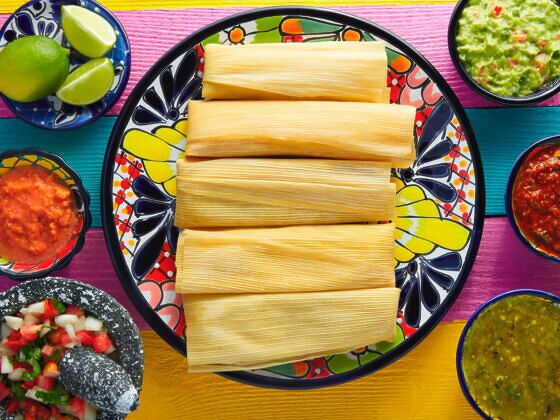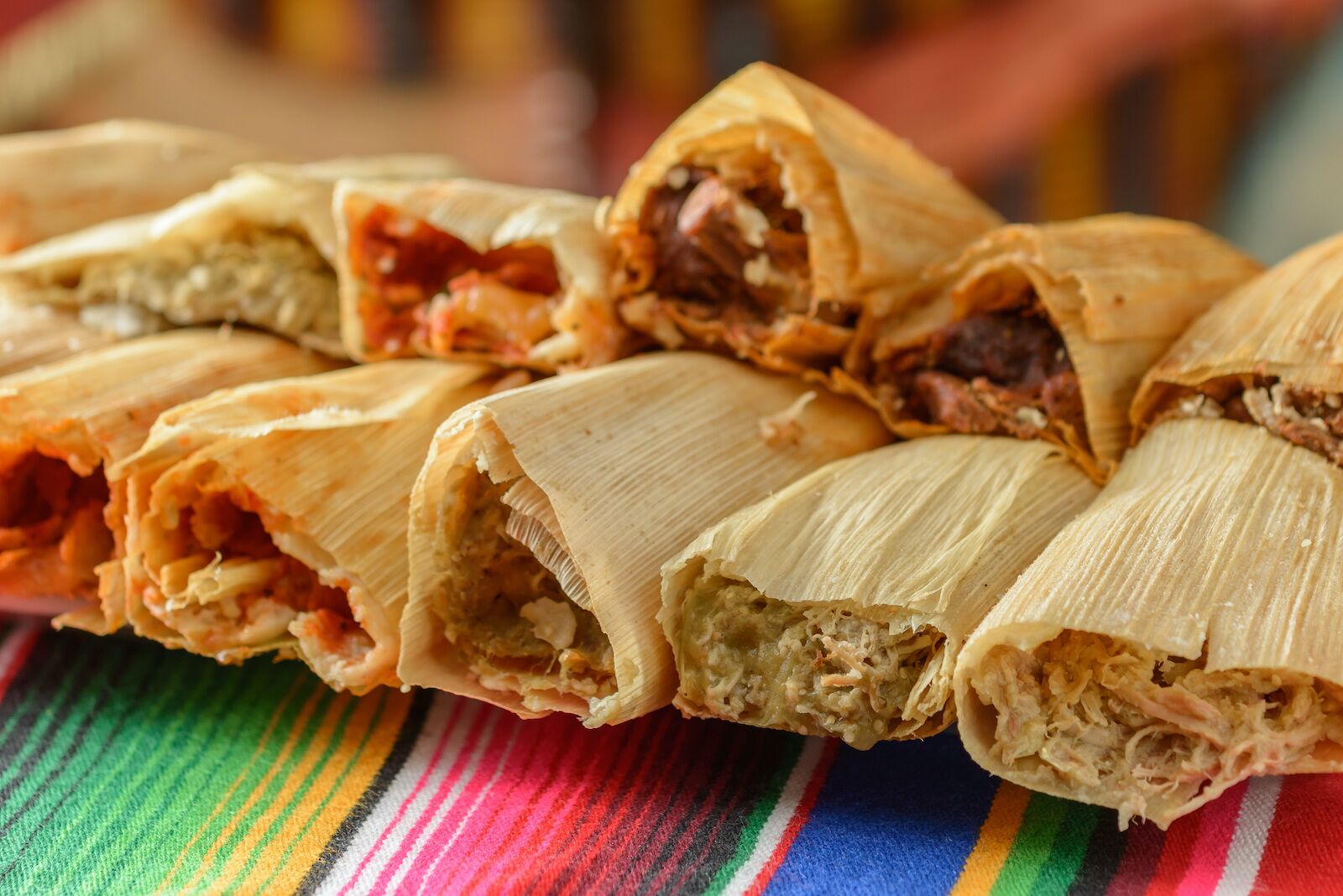Mississippi may be better known for its Delta catfish and beautiful beaches along the Gulf Coast, but there’s another perhaps lesser known (at least among outsiders) dish the state is known for: tamales. The Mississippi tamale trail dissects the Magnolia State, and for people who are curious about how food can shape culture, it’s worth a visit. The Mississippi tamale trail tells a tale of the history and the connection of two distinct cultures that came together in delicious fashion. Like a Gulf Coast road trip highlighting beer and blues music, this road trip is all about this region’s legendary culinary chops.
While the tamale has been part of Mississippi’s culinary history for several generations, it wasn’t until the early 2000s that it found the spotlight, thanks to the Southern Foodways Alliance, which worked with food historians and photographers to preserve the history of tamales. The Hot Tamale Trail is the result of that documentation.

